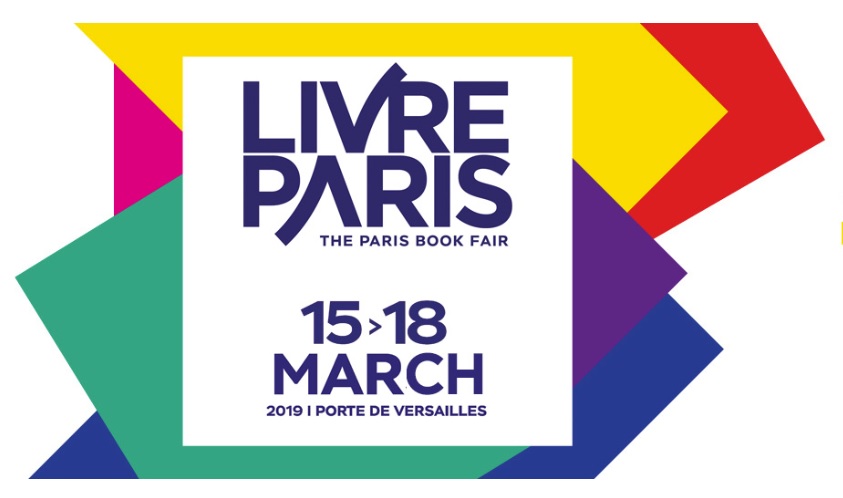
Croatia at the Livre Paris 2019.
For the first time, the Republic of Croatia will participate at the biggest book fair in France Livre Paris, which will take place from 15 until 18 March 2019.
Read more
For the first time, the Republic of Croatia will participate at the biggest book fair in France Livre Paris, which will take place from 15 until 18 March 2019.
Read more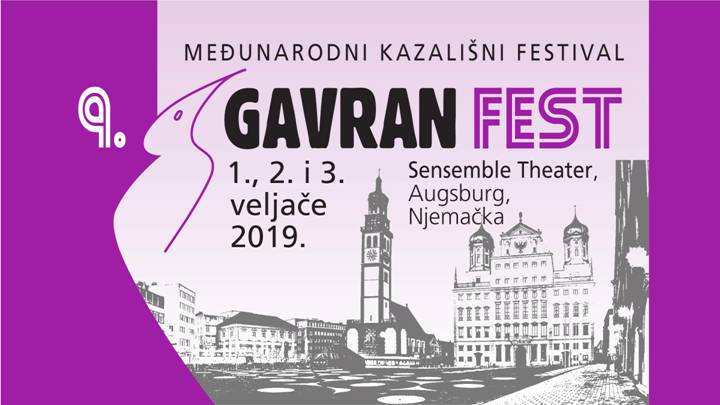
The ninth GavranFest, the international theatre festival which exclusively features plays by the Croatian author Miro Gavran, will take place 1-3 February 2019 in the Sensemble Theatre in Ausburg, Germany.
Read more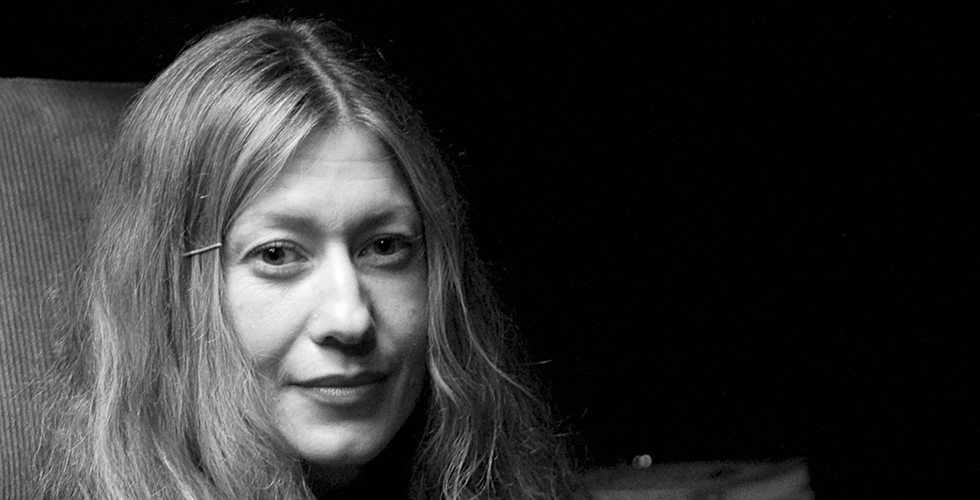
Another outstanding recognition for Ivana Sajko is the invitation to take part, along with the German President Frank-Walter Steinmeier and the Flemish author Stefan Hertmans, in the Frankfurt Book Fair Opening Ceremony.
Read more
Croatian Association of Publishers and Booksellers at the Croatian Chamber of Economy, in association with the Croatian Ministry of Culture, is organizing this year’s participation of Croatian authors and publishers at the Frankfurt Book Fair, which will take place 10 – 14 October 2018.
Read more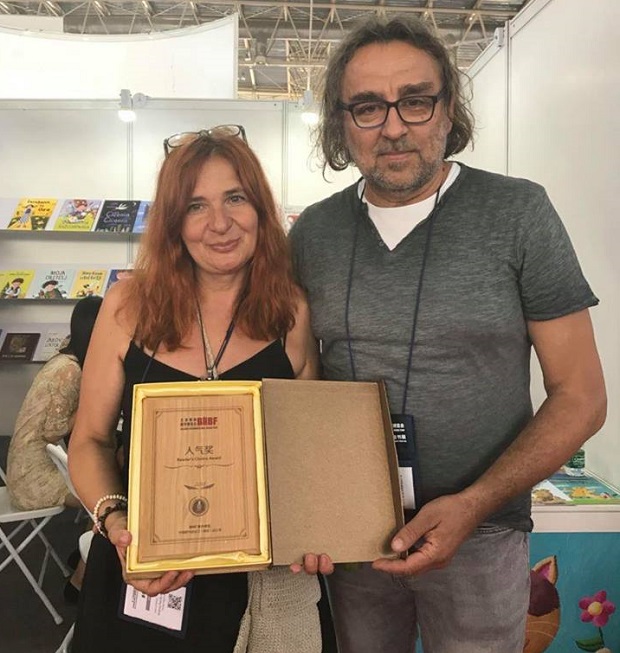
At the recent 25th edition of the Beijing International Book Fair, which for the first time also hosted the BICBF (Beijing International Children's Book Fair), Croatian publishers Dječja knjiga and Kašmir promet and their authors Andrea Petrlik Huseinović and Kašmir Huseinović received the BIBF – Reader’s Choice Award 2018.
Read more
Lit Link Festival 2018 presents American and Croatian authors, hosting events in Pula (June 28), Rijeka (June 29) and Zagreb (June 30). Along with organizing readings by foreign and Croatian authors, Lit Link Festival is equally dedicated to the promotion of the Croatian literary production to international editors and publishers who are its equally important guests.
Read more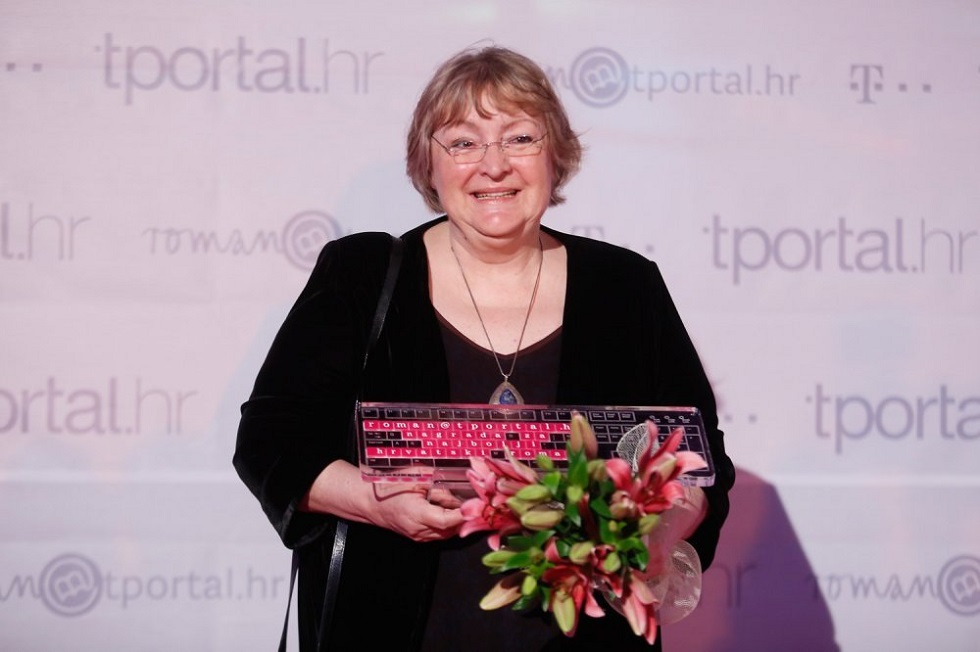
T-portal’s eleventh literary award for the best novel was awarded to the author Dubravka Ugrešić for the novel "Lisica" / "The Fox"(Fraktura, 2017). The jury concluded that Lisica is a masterpiece by this distinguished Croatian master of narration.
Read more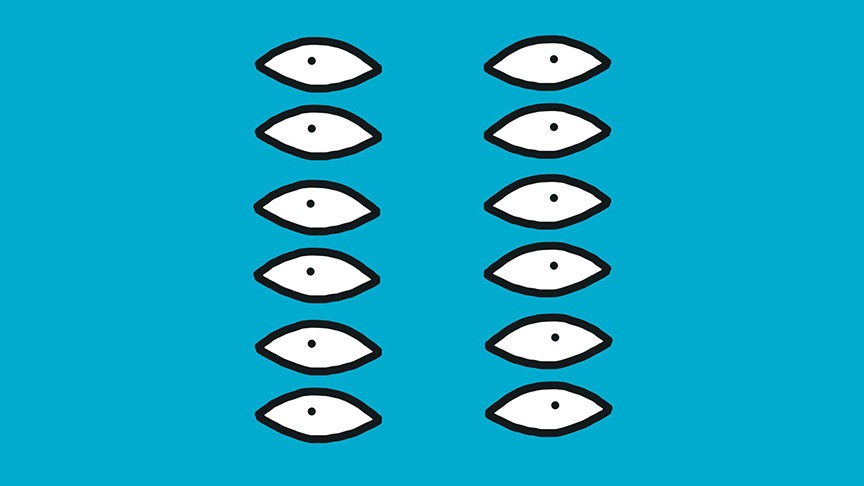
Author Ivana Sajko and translator Alida Bremer are the winners of the tenth Internationaler Literaturpreis for translated contemporary literatures for the novel Liebesroman in its first German translation. Ivana Sajko receives a prize of 20,000 €, Alida Bremer receives a prize of 15,000 €.
Read more
For the third time, Croatian authors and publishers will be presented to the Polish readers and industry representatives at the Warsaw Book Fair, which is to take place 17-20 May 2018.
Read more
Once again in 2018, Croatian authors will be presented at the Leipzig Book Fair which takes place from 14th to 18th of March. Three Croatian authors will participate at the 2018 Leipzig Book Fair: Slavenka Drakulić, Ivana Šojat and Igor Štiks.
Read more